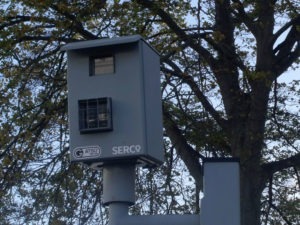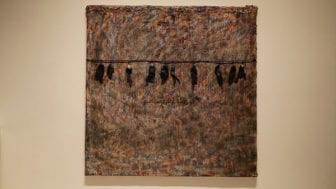July 21, 2011; Source: Austin American Statesman | As a city, Austin, Texas distinguishes itself as a creative hotspot, where weirdness is cool and independent artists and entrepreneurs have a long and proud legacy. A new wave of the city’s startup companies is now going public according to the Austin American-Statesman, and the stock-option model of philanthropy preferred by many entrepreneurs is making it possible for some nonprofits to share in the success.
Last month, HomeAway, a vacation rental company which donated 8,750 shares of stock to the Entrepreneurs Foundation of Central Texas when it was founded in 2005 went public. As part of the transition, HomeAway will now help disperse the proceeds of the gift stock, valued at $267,000, to local nonprofits based on recommendations from company and foundation staff.
Paul Hurdlow, a founder of the Entrepreneurs Foundation of Central Texas, believes that this stock-option model of philanthropy is a good fit for tech firms, which had been “under growing criticism for not integrating with the community at large.” Describing the concept, Hurdlow said, “The idea is that by simply breaking off a small piece of equity and parking that with the Entrepreneurs Foundation, you can give something back.”
Referring to his company’s decision to make an early stock gift, Carl Shepherd, co-founder at HomeAway, recalled, “It wasn’t going to set the world on fire by any definition, but it was something that if they became meaningful shares, it could make a difference.” He added, “We’re excited that now it will help support people in our community.”
More than 300 companies have donated stock to the Entrepreneurs Foundation of Central Texas, and the organization has distributed $1.9 million from stock liquidations to 81 nonprofits with a range of issue areas. The foundation has also raised $5 million on its own and logged 50,000 hours of volunteer support on behalf of the community.
Sign up for our free newsletters
Subscribe to NPQ's newsletters to have our top stories delivered directly to your inbox.
By signing up, you agree to our privacy policy and terms of use, and to receive messages from NPQ and our partners.
Entrepreneurs foundations have been launched in other high tech areas, with at least eight here in the U.S. and one in Israel. —Anne Eigeman













